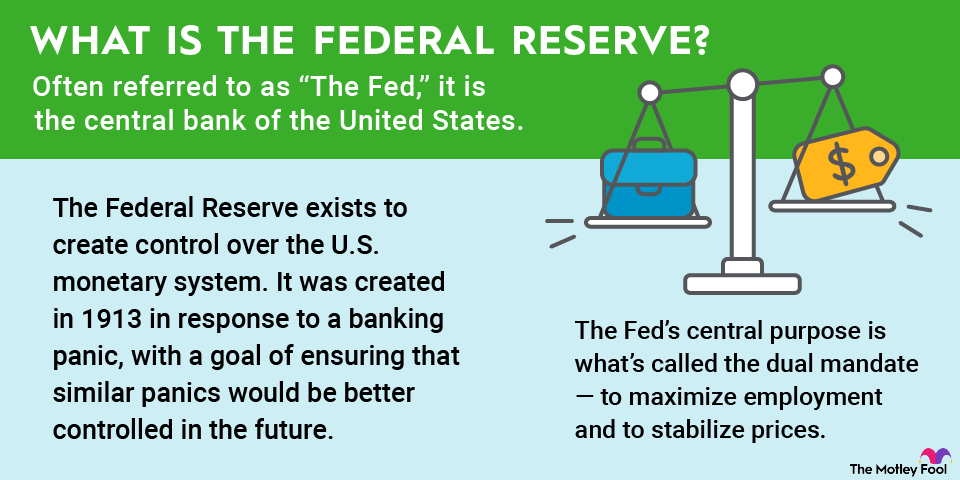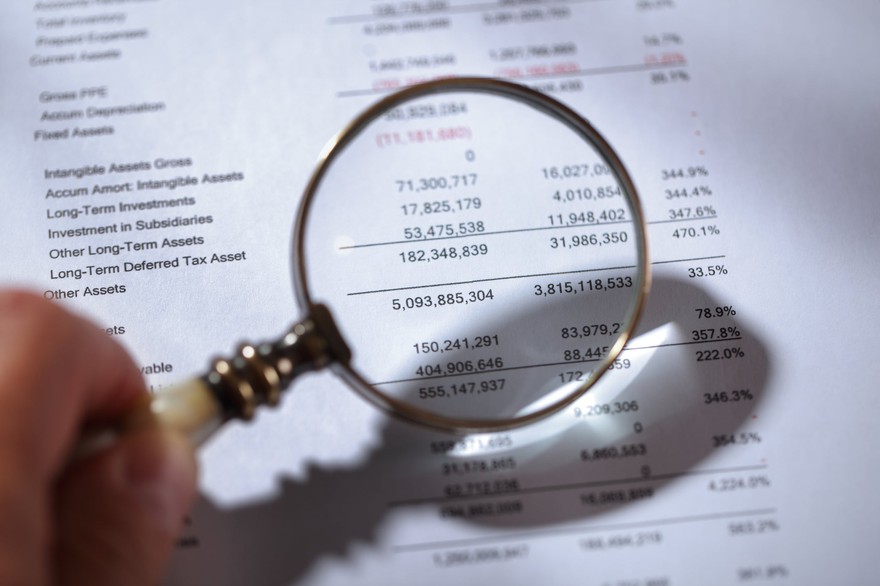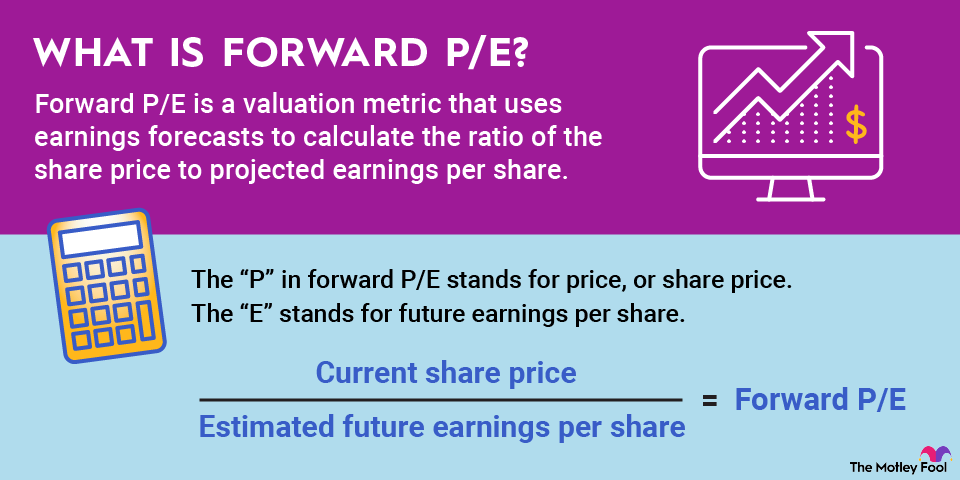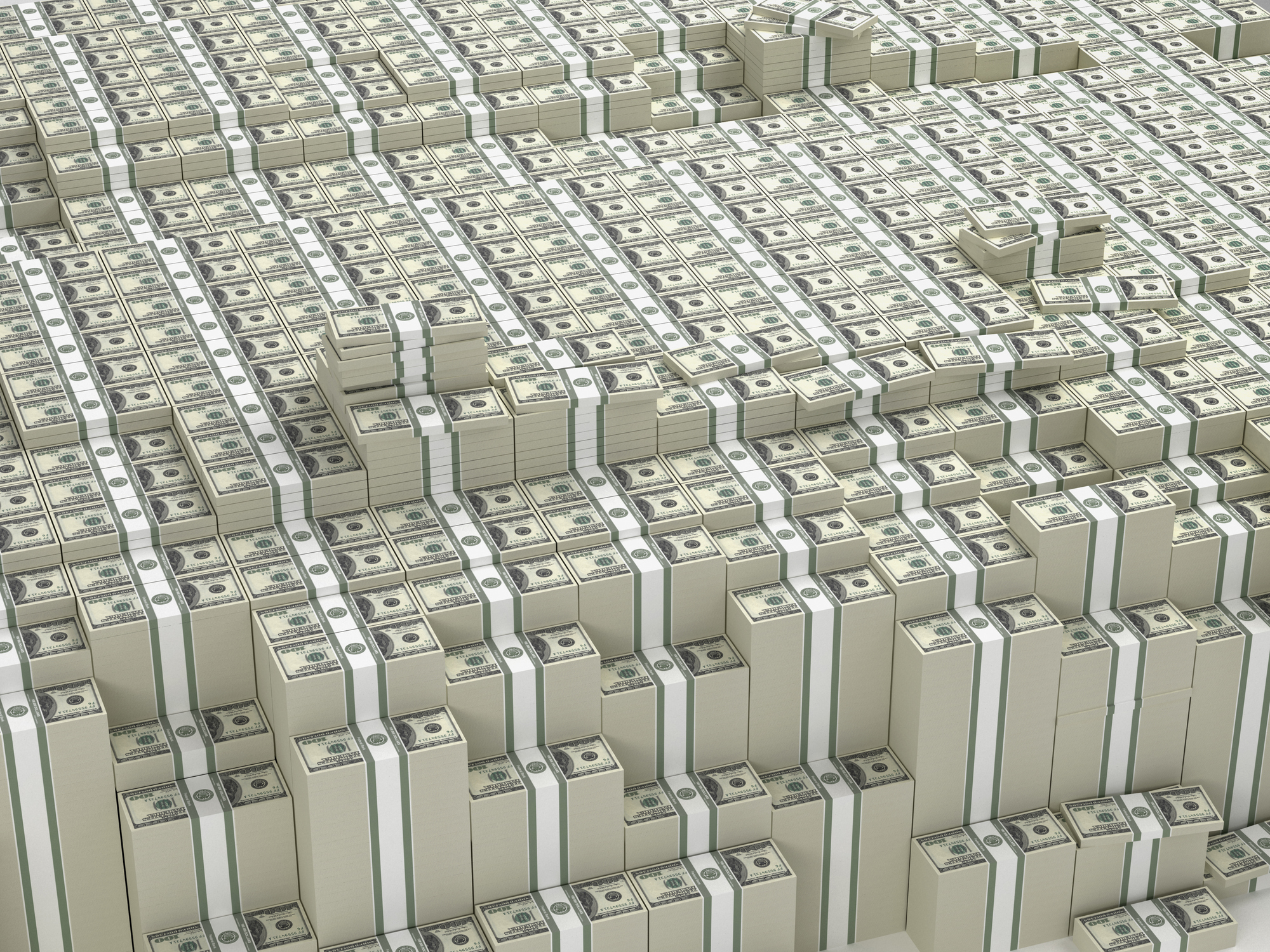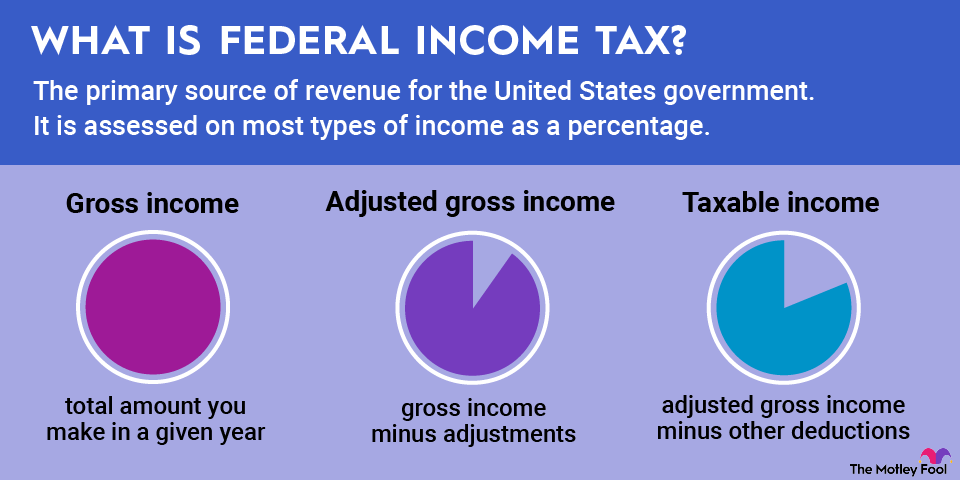The futures market is a major part of global finance, giving people and businesses a way to manage risks or even take a chance on future price changes for things like oil, gold, or grains. While some might think it sounds complex, the basics are easy to grasp. It's a key tool for investors and businesses alike. Let's break down the futures market, its importance, and how you might use it for your financial plans.

What is the futures market?
The futures market is where contracts to buy or sell assets (like oil, gold, or crops) are traded for a specific price at a future date. With futures, you are betting on the future movement of something, either up or down. These contracts are called futures contracts and allow both buyers and sellers to lock in prices, protecting them from sudden price shifts.
Asset
Take a wheat farmer, for example. They might sell a futures contract on their wheat crop months before it's harvested. This guarantees the farmer a set price, protecting them if the price of wheat drops later.
On the other hand, a bread company could buy that same futures contract to ensure they won't have to pay more if wheat prices rise. People also use futures and futures markets in complex trading to hedge risks, speculate on price movements, and as part of more sophisticated strategies, such as arbitrage and derivatives trading, making it an important tool in the global financial system.
Why is the futures market so important?
So, why should you care about the futures market? It's important not only for the financial industry but also for stability in the growth of the overall economy, even down to the food you might be eating.
Reducing risk for businesses
Companies that rely on raw materials, like airlines that need fuel or food manufacturers that use grains, depend on the futures market to protect them from price hikes. This allows them to avoid passing those costs on to the consumer or taking a loss. The ability to lock in prices helps companies plan ahead and dictate prices for the end product.
Opportunities to make a profit
Investors use the futures market to predict price movements. By betting on prices going up or down, they can potentially make money from market trends. For instance, if you think oil prices will rise, you can buy a futures contract at today's lower price and sell it later for a higher price.
Tracking price trends
The futures market helps show where prices might be headed. Traders and companies use it to keep an eye on trends in key industries, such as energy or agriculture, and this helps them plan for the future.
If a large company, such as Starbucks (SBUX -2.42%), reports potential droughts in major coffee-growing regions, it could use the futures market to lock in prices at current lower levels, ensuring it won't have to pay a premium later. This allows the company to maintain stable prices for customers and avoid sudden price increases that could hurt its bottom line or turn off consumers.
Example: How Wheat of the World uses a wheat futures market
It's summer, and Wheat of the World expects wheat prices to increase by winter due to smaller harvests caused by drought. Instead of waiting for winter, when prices might be higher, it buys wheat futures contracts. These contracts let the company lock in the current lower price of $5 per bushel of wheat by agreeing to buy 100,000 bushels in December.
Current price: $5 per bushel
Futures contract size: 100,000 bushels
Total investment: $500,000
Related investing topics
By December, if its prediction is right and wheat prices rise to $6 per bushel, Wheat of the World can either sell the contract at a higher price or take delivery of the wheat at the lower price it locked in. Here’s how it can profit:
Price in December: $6 per bushel
Total value of wheat at a new price: $600,000
Profit from selling futures contract: $100,000
Metric | Value |
|---|---|
Current price | $5 per bushel |
Futures contract size | 100,000 bushels |
Total investment | $500,000 |
Metric | Value |
|---|---|
Price in December | $6 per bushel |
Total value of wheat at new price | $600,000 |
Profit from selling futures contract | $100,000 |
In this example, Wheat of the World makes $100,000 simply by predicting the price increase and locking in the lower summer price through wheat futures contracts. This is how companies use the futures market to manage risk while profiting from price changes.


